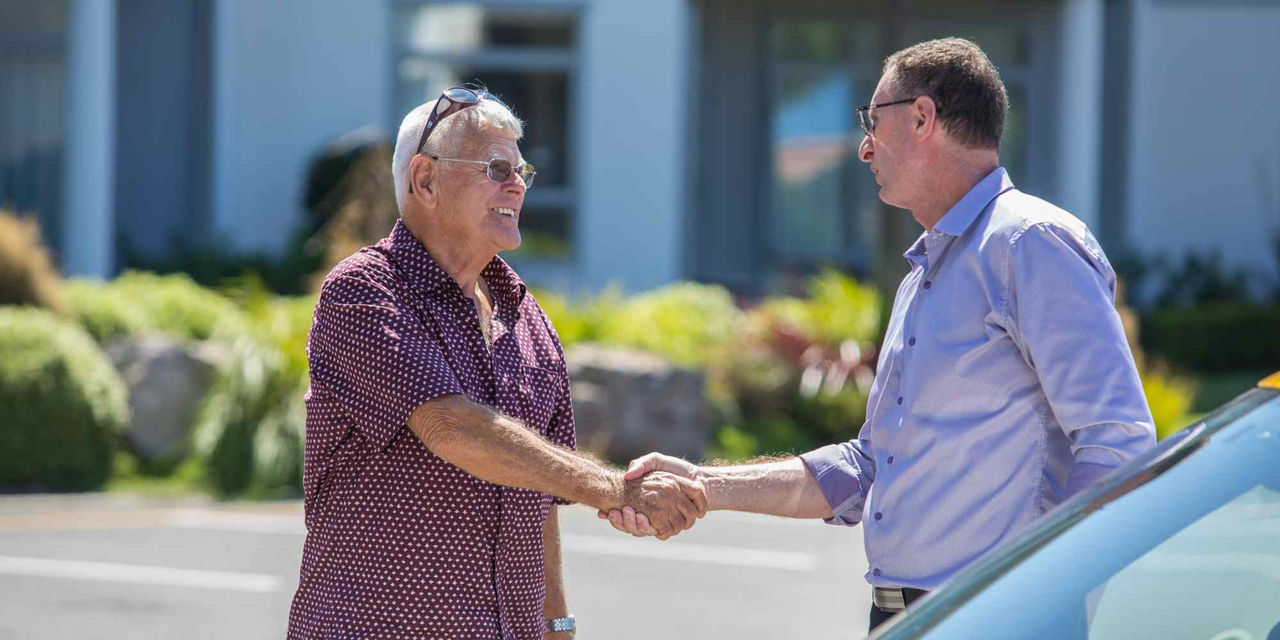While some senior drivers may be able to continue driving well into their 80s and 90s, it’s important to encourage their family, friends or relatives to regularly monitor their driving and make adjustments if necessary.
Family and friends are often the first to pick up on any areas of concern, particularly if they are regularly in the car with a senior driver. They may also be in the best position to assist their friend or relative who wants to enhance or reduce their driving.
It can be difficult to know how to approach this with them and suggesting that someone may need to alter their driving can be very personal and a sensitive topic.
How you can help
Think about who is best to talk to the driver. They may be more likely to listen to another family member or friend. It may be helpful therefore to agree who should approach the person.
Don’t surprise an older driver with the conversation – let them know in advance that you think it’s a discussion you should have. Reassure them that the discussion is not going to be about stopping driving, but about finding ways to ensure they are driving safely. Make it a one-on-one private conversation: no one likes to feel ganged up on.
It’s important to remain calm and respectful and to focus on the specific behaviour that is making you concerned – rather than on their driving in general. Keep in mind that stopping from driving is rarely a sudden process.
If your friend or relative insists that their driving is fine but you are still concerned, you may need to take a more direct approach.
It may also take several conversations before the person is convinced to take action – and you may need to enlist the help of other friends and family members to get your point across.
A visit to the doctor
You could also suggest they visit their doctor for a check-up, to make sure their health status hasn’t changed or that their medication isn’t affecting their driving.
Obviously if they have recently experienced significant health changes, recent ‘near misses’ or crashes, it will be more important to discuss with them limiting or stopping driving. If you feel their driving poses an urgent safety risk, but they remain resistant to discussing the problem, you should contact their doctor directly to discuss your concerns.
If appropriate, the doctor will notify Waka Kotahi NZTA and the driver may then be required to book an appointment with the doctor for a new medical certificate for driver licence.
If the doctor isn’t satisfied that the driver is safe to drive, they could refer them for an on-road safety test or a specialist medical assessment to determine whether the driver has a medical condition that may affect their ability to drive safely.
Alternatives to driving
Take the time to find out about alternative transport options for your friend or relative. This might range from bus timetables to community or volunteer organisations. Listen to what your friend or relative needs and wants and how that fits with their changing lifestyle.


